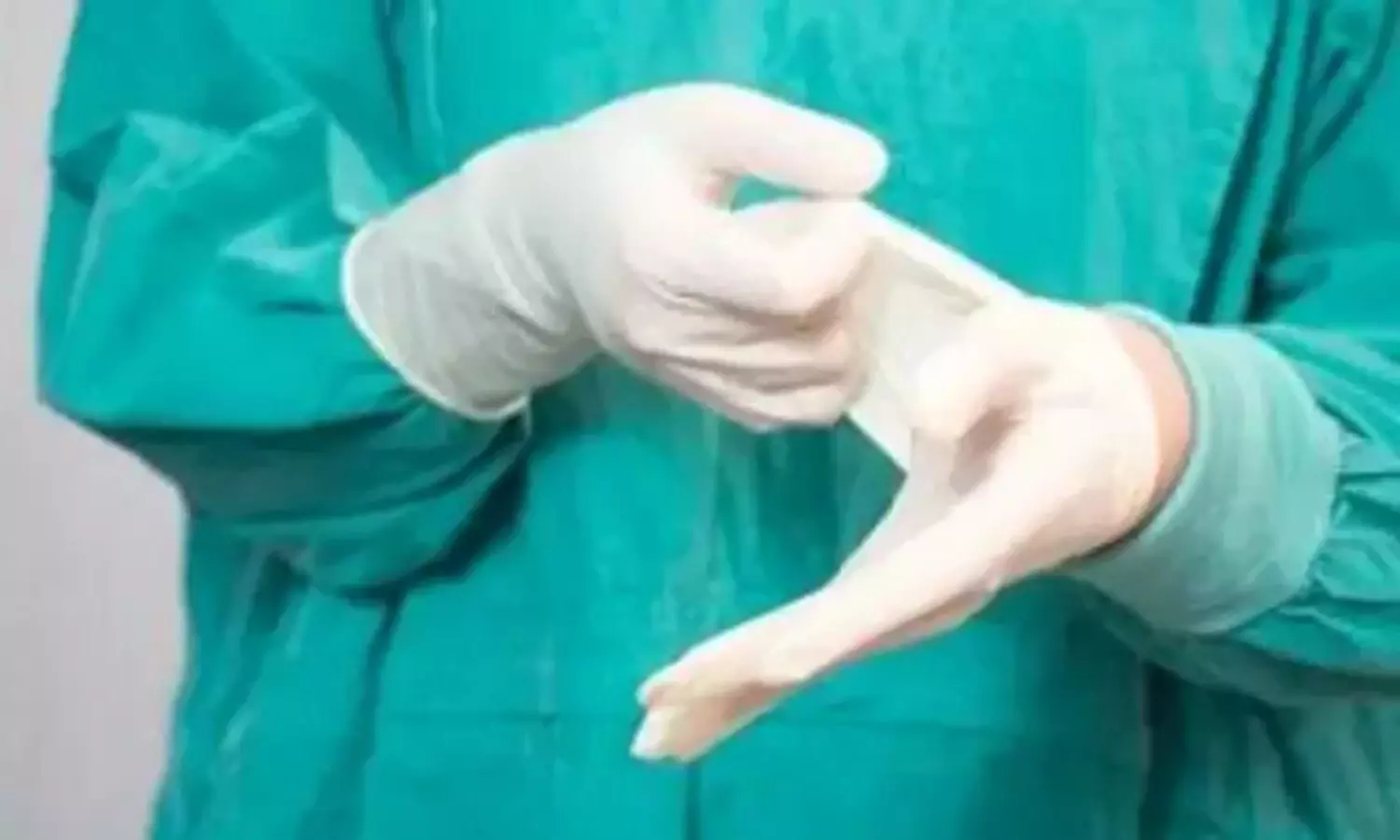Prophylactic wound irrigation with antiseptic solutions may reduce surgical site infections: JAMA

Surgical site infections (SSIs) remain a significant concern following surgeries by leading to complications, increased mortality rates and economic burdens. A recent comprehensive study published in the recent issue of Journal of American Medical Association highlights the effective preventive measures in the field of intraoperative wound irrigation.
This study rigorously examined randomized clinical trials and compared various types of prophylactic intraoperative incisional wound irrigation methods for their effectiveness in preventing SSIs across different surgical procedures. The study analyzed data from PubMed, Embase, CENTRAL and CINAHL databases up until June 12, 2023. Out of 1587 articles reviewed, 41 RCTs were included which encompassed a total of 17,188 patients and 1328 reported SSIs.
The findings revealed strong evidence that support the use of antiseptic solutions for intraoperative wound irrigation. When compared to no irrigation, the antiseptic solutions demonstrated a significant reduction in SSIs with a relative risk (RR) of 0.60 (95% CI, 0.44-0.81) and this was backed by a high level of certainty.
Similarly, antibiotic solutions expressed positive outcomes in reducing the risk of SSIs though with a lower level of certainty (RR 0.46; 95% CI, 0.29-0.73). Caution is imperative due to concerns regarding global antimicrobial resistance that prompts advise against routine use of antibiotic wound irrigation. The saline irrigation failed to show a statistically significant difference when compared to no irrigation, with a moderate level of certainty (RR 0.83; 95% CI, 0.63-1.09).
The benefits of these findings are profound for healthcare professionals and policymakers. Thereby, by implementing antiseptic solutions for intraoperative wound irrigation, hospitals and surgical teams can potentially reduce the occurrence of SSIs clinicians can enhance patient outcomes and reducing healthcare costs.
The study emphasized the importance of evidence-based practices in surgical settings. The findings underline the effectiveness of antiseptic solutions in preventing SSIs. This could urge caution regarding the use of antibiotic solutions after considering the possible threat of antimicrobial resistance. Overall, this study provides valuable inputs for improving patient care and highlights the ongoing need for judicious antimicrobial stewardship in healthcare settings.
Reference:
Groenen, H., Bontekoning, N., Jalalzadeh, H., Buis, D. R., Dreissen, Y. E. M., Goosen, J. H. M., Graveland, H., Griekspoor, M., IJpma, F. F. A., van der Laan, M. J., Schaad, R. R., Segers, P., van der Zwet, W. C., Orsini, R. G., Eskes, A. M., Wolfhagen, N., de Jonge, S. W., & Boermeester, M. A. (2024). Incisional Wound Irrigation for the Prevention of Surgical Site Infection. In JAMA Surgery. American Medical Association (AMA). https://doi.org/10.1001/jamasurg.2024.0775



